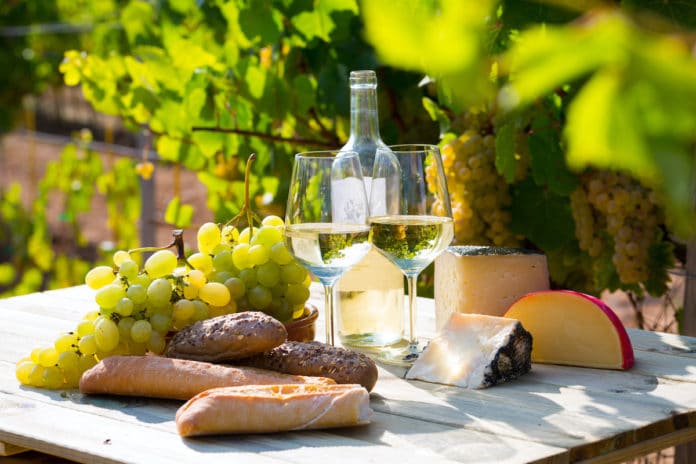–
The Economic Chronicle of Bernard Chaussegros
When we speak of French savoir-faire or savoir vivre, we instantly think of the art of the table, gastronomy or even the rules of politeness and decorum.
So many values that our country can be proud of and which must not disappear in the light of these societal and behavioral changes.
At the beginning of the last century, there was no need to “surf” on social networks to know Calais lace, Limoges porcelain, Mauléon espadrilles … All these “made in France” products that are part of of our national heritage and which highlight the know-how and imagination of our compatriots.
By wanting too much to “industrialize” processes to reduce costs over the years, we have voluntarily or not “killed” this incomparable wealth that countries around the world envy us: our originality in transcending our daily lives around simple pleasures such as cooking. gastronomy or well-being.
This savoir vivre or this know-how is the DNA of these “alchemists” that we call “craftsmen”. When we talk about this corporation today, we mean a very small business, when in reality the real meaning is ” artist of his job “.
The reputation of French craftsmanship is well established and its skills are recognized throughout the world, it brings together trades such as jewelry, cabinetmaking, cutlery, leather goods and many others.
According to a study by the Chamber of Trades and Crafts, 30% of French exporters are craft companies such as, for example, the Bernardaud company which makes limoges porcelain tableware and which exports three quarters of its production to abroad.
Beyond these “niche” professions, there are our great French “houses” which have survived the centuries to transmit this “cultural heritage”, the LVMH group for example.
Safeguarding this “national capital” is also the will of the “new great captains of industry”, such as Stéphane COURBIT, for example, who recently took over the destinies of Maison LADUREE.
“Made in France” has a more than positive image for hedonic products (luxury, fashion, gastronomy) but also for emblematic creations around the art of living and more particularly the art of the table. This “know-how” is in great demand abroad and constitutes a strong “commercial weapon” to revive our French economy.
The image of “made in France” is very positive for hedonic products (luxury, fashion, gastronomy) as well as for emblematic products (TGV, aviation).
Made in France guarantees aesthetics, originality, style and quality.
Moreover, while the government has sounded the general mobilization for the relocation to France of production in five major strategic areas, the Franco-washing or “French washing” is talking about him.
The stakes are high. The “Made in France” is more and more popular with the French (a YouGov study of July 2020 reveals that, since the health crisis, 63% want to favor the local) and some brands use the notoriety of the tricolor to fool the consumer and convince him to buy.
A focus on Beligné et Fils cutlery, an example of French know-how
It was founded in 1610, the year in which Ravaillac assassinates King Henri IV with… a knife. Since that date, the Belignés, from father to son, have been able to remain faithful: – to the same profession: cutlery – to the same town: Langres Three of them distinguished themselves more particularly in the 18th century by receiving the prestigious title of “Coutelier du Roi” (Nicolas Beligné on June 27, 1750 – Pierre Beligné on June 3, 1759 – Hyacinthe Beligné on January 8, 1783). It is now the 14th generation of Beligné who presides over the destiny of the family business, the corporate name of which has become “H. BELIGNE & FILS SAS”. Over the centuries, successive managers have been able to adapt to changes in the market. Originally, manufacturers of pocket and table knives, then surgical instruments and scissors; they then chose to focus on a business of trading, representation and distribution.
Belligné distributes several brands of cutlery including Victorinox2 since 1914
This French company born more than 400 years ago, is an example of the richness of our territories and a hope to give color to our economy.
Yes, it is possible by drawing on our roots and our history. Our heritage is a blessed gift from the gods, let’s not dismiss the transmission of our ancestors, it is the fundamentals of our culture and the backbone of who we are.
Bernard Chaussegros
Expert at the Paris Court of Appeal and the Paris and Versailles Administrative Courts of Appeal.
Member of the French Arbitration Committee
–


